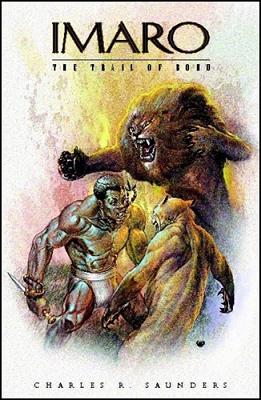On Heroes and Humiliation
Oh where have you been, Lord Randall, my son,
Oh where have you been, my handsome young man?
Not to the greenwood, that’s for sure, and not eating eels and toadstools, though sometimes the job application process (not to mention the writing career) can feel like it. Let’s just chalk up my recent absence from this space to life generally and move on. Though, parenthetically, it’s strange how fragments of ballads you haven’t heard in decades can suddenly breach the darkness. Now I can’t get the impossible-to-sing tune out of my head….
We read together as a family at my son’s bedtime and have been making our way through Lloyd Alexander’s Chronicles of Prydain. It wears well after all the years (I won’t say how many) since I first read it. We also recently saw Paul Blart: Mall Cop. That was not an experience I want to repeat in the decades to come, but the momentary temporal conjunction of the two got me thinking about the humiliation of the hero as a trope. It’s an exceedingly common one in comedy, and I can think of a zillion examples in movies, everything from Bridget Jones’ Diary to There’s Something about Mary. That it’s uncomfortable to watch (at least I find it so) even while I’m laughing (sometimes, anyway) must have something to do with the cathartic value of comedy–the second half of the arc in that genre is success, especially romantic success, and among other things the hero’s humiliation makes his/her success all the sweeter. …
 Imaro: The Trail of Bohu
Imaro: The Trail of Bohu
 X-Men Origins: Wolverine is zapped into obscurity by the twin phaser-blasts of Trekstalgia and JJAbramitude, I would like to point out that the movie doesn’t actually suck.
X-Men Origins: Wolverine is zapped into obscurity by the twin phaser-blasts of Trekstalgia and JJAbramitude, I would like to point out that the movie doesn’t actually suck.